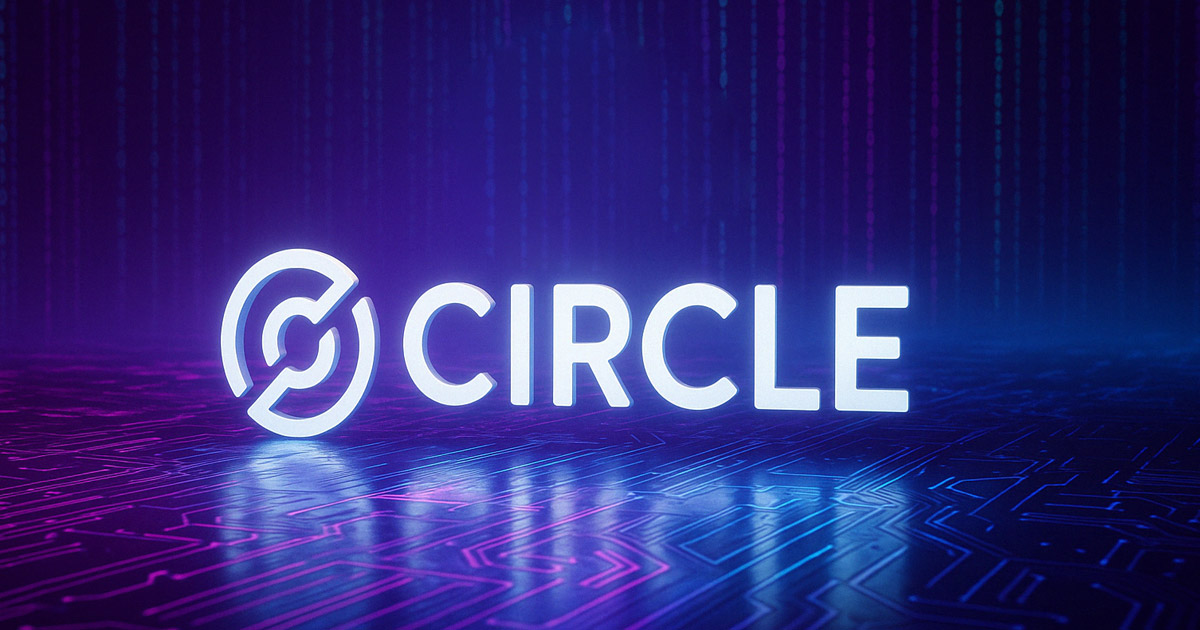Circle announced the launch of its Refund Protocol on April 17, introducing a non-custodial smart contract system to enable dispute resolution for stablecoin transactions without relying on centralized intermediaries.
The initiative addresses what it labels as a key shortcoming of using stablecoins, which is the lack of a built-in mechanism for refunds or chargebacks.
The Refund Protocol gives payment arbiters specific powers while limiting their ability to control funds. Arbiters can lock funds for a set period, authorize refunds to addresses predefined by the payer, and allow early withdrawals for a negotiated fee.
However, arbiters are prohibited from transferring funds arbitrarily, maintaining the non-custodial nature of the system.
Circle CEO Jeremy Allaire said the Refund Protocol builds on the firm’s earlier open-source releases for confidential and reversible payments. He added that this is a step to enlarge the stablecoin payments presence in the mainstream.
The launch comes as Circle’s USDC became the default currency for all new users of Binance’s crypto-powered payment app Binance Pay.
Structure and functionality
Under the Refund Protocol, when a customer initiates a payment using an ERC-20 token, funds are transferred into a smart contract rather than directly to the merchant. The contract records the recipient’s address, the refund address, and the payment value.
In a dispute, such as non-delivery of goods, customers can request a refund directly from the merchant or through an arbitrator.
If a refund is approved during the lockup period, they can execute it without taking custody of the funds. Once the lockup period expires, recipients can withdraw their escrowed funds without arbiter intervention, provided no disputes remain unresolved.
The system also supports early withdrawals, but only with the merchant’s off-chain signature, which consents to any applicable fees. Circle emphasized that while the Refund Protocol introduces dispute resolution to stablecoin transactions, several practical challenges persist.
These include potential malicious behavior by arbiters, complexities in specifying refund addresses, gas inefficiencies due to individualized escrow management, the unproductive nature of locked funds, and current limitations in supporting contract-based wallets.
The company acknowledged that escrowed assets currently do not generate yield but suggested future upgrades could integrate lending protocols like Aave to monetize locked funds, potentially sharing earnings between recipients and arbiters.





